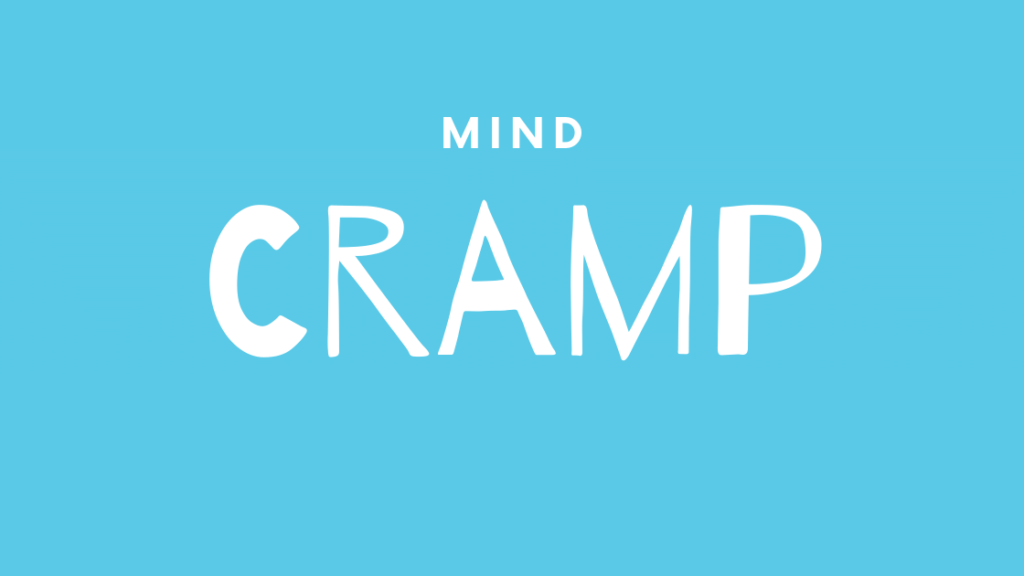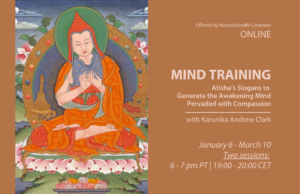What are my limits? What are the limits of my ability to relax into whatever the present moment brings? These are questions I’ve been thinking about lately. I have asthma, and when I go to the doctor, a medical assistant gives me a breathing test that involves exhaling after having taken a deep in-breath. She coaches me to push right to my limits on the exhale:
Keepgoingkeepgoingkeepgoingkeepgoingkeepgoingkeepgoing!
And I do, always finding more air to let go of, even when I think I’ve already let it all out.
I study Buddhism, and I’ve noticed that at their heart, many teachings express an encouragement to let go of our thoughts and feelings and relax. How can I locate the limits of my ability to relax and then go a little further?
When I sit down to meditate, I arrange my legs in a way that works for my 56-year-old hips. This often puts my feet in a position that sparks a foot cramp. Tight, tense and painful, the cramp provokes a mild kind of panic as I cringe away from the sensation. The fact that I’m preparing to meditate when the cramp shows up is helpful: It is a built-in reminder that relaxation might be an option. But my habitual reaction rebels. Are you kidding!? I can’t relax into a cramp! A cramp IS tension. Recently, I thought to ask my mind — as His Holiness the 17th Gyalwang Karmapa suggests — to “open a bit more.” It turns out that it is possible to relax into a cramp by not tensing other muscles, and by accepting, allowing and being curious about the sensation. Asking questions that seem ridiculous is part of this process:
- What is this feeling?
- Why don’t I want to feel it?
- What exactly makes it unpleasant?
- What makes my personal comfort so very important?
Foot cramps are not the only form that tension takes for me. I find myself mentally cramping up in response to what’s going on in my day:
- When my remote access to my work computer keeps crashing
- When co-workers make suggestions I immediately recognize as “ridiculous”
- When the soup doesn’t come together the way I was hoping
- When I’m asked to take on a project I’m obviously too busy to do
- When someone who loves me gets me all wrong
Thanks to my foot cramps, I can begin to ask if there’s a way to relax the mind cramp of No! Not this! Get me out of here! and to explore the nature of the cramp: What exactly is making me so uncomfortable?
It’s not as if that cramp-y mental reaction makes me feel better — it’s a spasm that only multiplies my distress. Instead, maybe I can relax into the moment of things just as they are, not immediately cringing or struggling. Maybe I can keepgoing and be patient and steady just for a few moments before I react. And maybe, in the space of that relaxation, I can keepgoing, become curious, and watch whatever it is that’s arisen change, shift, and subside.

A student of Dzogchen Ponlop Rinpoche since 2015, clinical psychologist Ellen Balzé began working with the core Path of Mindful Activity team in 2018. Collaborating with other Nalandabodhi members on various projects has created precious opportunities for her to pause, relax, and reflect. She enjoys baking bread and caring for succulents.






